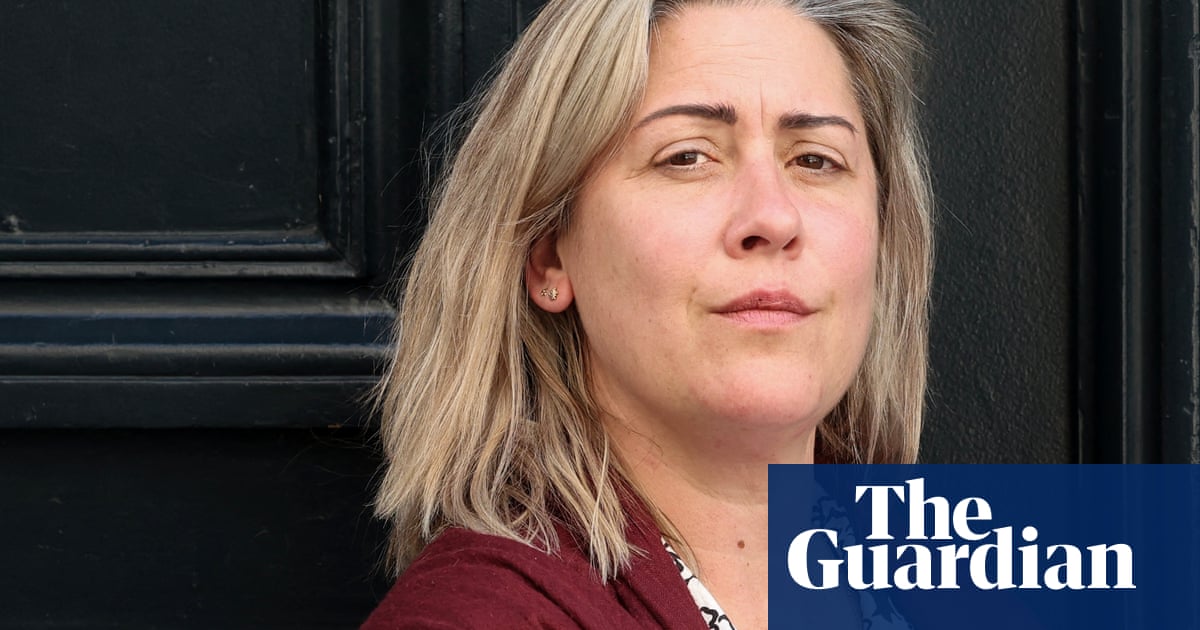There is “no way” that Gisèle Pelicot would have been raped more than 200 times without the existence of pornography websites, her daughter has said.
Speaking at theHay festivalin Powys on Thursday, Caroline Darian said there were “so many social problems like online porn” that can lead to instances of abuse.
Pelicot survived nearly a decade of rapes by dozens of men, including her then husband Dominique Pelicot, Darian’s father, who drugged his wife and facilitated the abuse. Pelicot rose to international fame last year for waiving her right to anonymity in the trial of her ex-husband and other defendants. He wassentenced to 20 years in prison.
Darian was at the festival to promote her book, I’ll Never Call Him Dad Again. Asked by a male audience member how men can “step up” and be part of breaking cycles of abuse, she said “you need to talk between guys” about pornography, because it is “part of the system” of misogyny and violence.
The actor and activist Jameela Jamil, who was chairing the event, said that “there are so many men in my life, even, who don’t know all of the facts of this case in the way that women do”.
What we “desperately need” men to do “is to check your mates” and challenge their misogynistic comments and behaviour, she said.
Darian is a pen name, a combination of her brothers Florian and David’s names, because she wanted to honour the fact that they have been so involved in the process of telling her story.
The author spoke with great compassion and admiration about her mother, but explained that they were not currently on speaking terms. In her book, she wrote that they reached a “point of no return” in their relationship after her mother did not believe Darian when she claimed her father had raped her.
Darian told the Hay audience that she thinks her mother’s reluctance to support her was a “way for her to protect herself”.
It’s “quite difficult” to accept that your child has been abused, she said. “I think my mum is not able to recognise it because otherwise I think she’s going to die.”
Dominique Pelicot’s actions have “really impacted the whole family, and everyone from her family had a different position”, she added. “But I just have to be grateful for what [Gisèle Pelicot] did.”
Telling her son, who was six at the time, about her father’s actions was particularly hard, Darian said. She felt a responsibility to tell him the truth but “it was a shock” as he had previously had a good relationship with his grandfather and “loved him very much”.
Her son saw a psychiatrist for almost four years after finding out the news, and Darian said she was “trying to educate him about what is consent”.
Raising a young man in a positive way was “a question of open dialogue”, she said, and “a question of education”.
